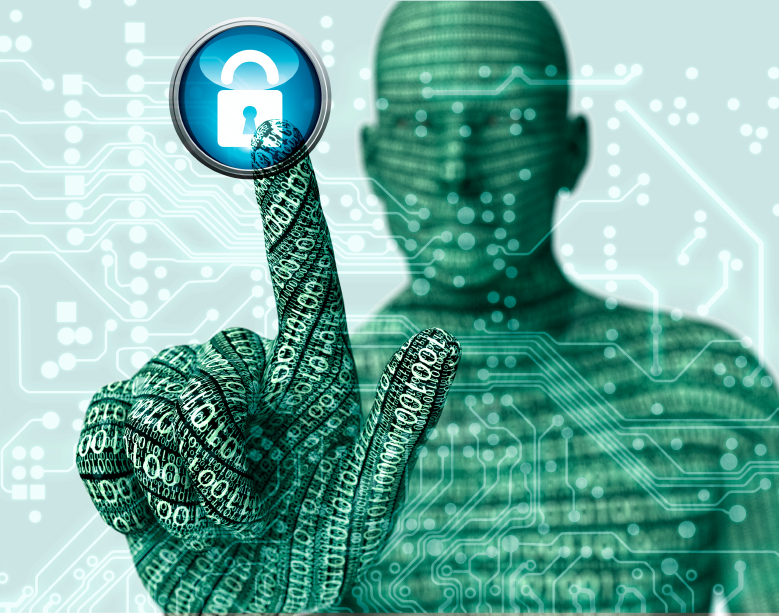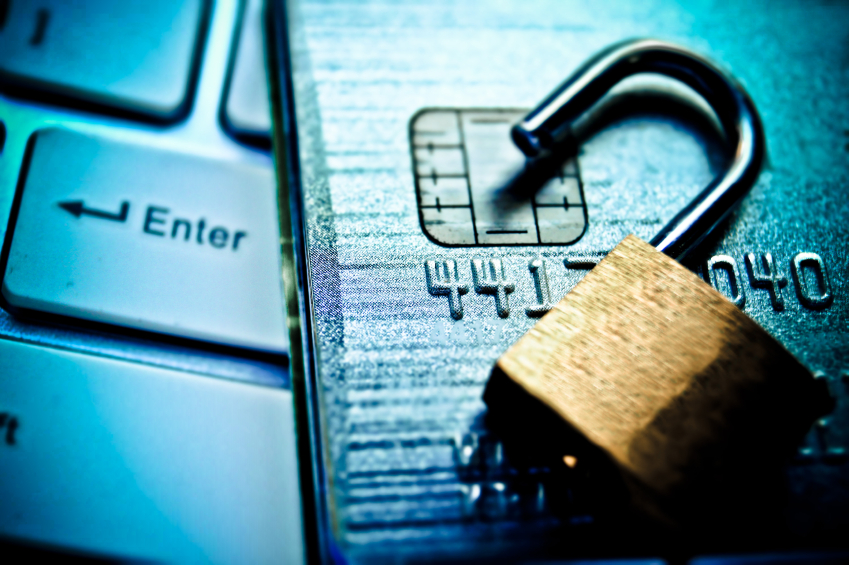Euro 2016……whether you agree with the final England squad going to France for the 15th UEFA European Championships or not, we should all be in agreement that this major sporting event is inevitably going to be a target for cyber criminals.
Some Facts…
24 countries will be represented at Euro 2016 each with 23 players in the squad which totals 552 players in all
2.50 million fans are expected in the 10 stadiums
Overall spend is expected to be E1billion
The event is being broadcast to 230 countries worldwide with 150 million spectators expected to follow each match
650 employees and 6,500 volunteers
Information : Courtesy of Press Kit dated 2nd March 2016
Why Euro 2016?
Major sporting events grab the attention of the entire world but unfortunately this also attracts elements of the population who perceive this as an opportunity to be exploited ….. the world of cyber crime.
The threat that cyber crime poses to an event such as this is similar to that which exists for any other business but on a much larger scale and with more dramatic consequences due its high profile and the many threat vectors that may exist.
The Cyber Threat Landscape
Some of the targets for cyber criminals are likely to be the following :-
1.The Official Euro 2016 Website
Distributed denial of service (DDoS) attacks preventing access to website by fans.
The accessing of the website by hackers and altering the data such as falsifying the results and tables and providing incorrect information to the public.
Defacement of the website by a hacktivist.
Fans will no doubt access the website via Wi-Fi and vulnerability will exist if they inadvertently log in through a rogue Wi-Fi connection which could lead to the stealing of their personal data.
2.Match Day Tickets
Ticket fraud with the setting up of bogus websites taking fans money and issuing counterfeit tickets.
Website scamming offering last minute match day tickets for the big games with no ticket actually being produced.
3.The Stadiums
Technology will be pivotal in all aspects of the running of the ten stadiums being used in the tournament. Stadium entry, ticketing processing, management of floodlights and associated infrastructure would all be impacted in the event of a cyber attack.
4. Tournament Data
The event will involve a huge amount of data ranging from credit card data of fans, players confidential information or the database of the organizers which is likely to be targeted by hackers. This could occur through phishing attacks in order to steal personal private information (PPI)and then lead to possible bank fraud of individuals.
5.E-mail Transmission
E-mail scamming could be caused by bogus e-mails set up to obtain players and officials personal information that is disseminated over the internet. The numerous sending and exchanging of e-mails also presents an opportunity or spamming.
6.Media Coverage
World wide coverage will be provided to this event by television companies who will be reliant on technology and the service could be interrupted or even blacked out by a hacker wishing to cause transmission downtime.
7. Computer Network
The spreading of a malware attack within the internal computer network and third party providers could cause enormous interruption to the running of the tournament. The reliance on technology reaches far and wide ranging from the transportation network to close circuit TV surveillance systems.
8. Mobile Applications
Fake mobile apps devised by developers to give the impression of the official FIFA app. These have already been discovered by Avast Software’s Jan Piskacek with adware with viruses appearing on mobile phones.
9.Cyber Terrorism
Cyber terrorism could occur in a number of forms. A ransomware attack would limit or entirely restrict the use of computer systems affecting many aspects of the tournament.
There may be political motivation from countries that want to disrupt the tournament. This could be to make a political stand on an issue or perhaps a country that failed to reach the finals or a country that has controversially been knocked out of the competition.
The threat of remotely controlled drones by cyber terrorist entering a stadium causing disruption and delay to matches.
10.Social Media
Infiltration of social media websites by hackers of the tournament and personal accounts pose a threat to fans , players and officials privacy.
Cyber Risk Management Program
FIFA will no doubt have in place a comprehensive cyber risk management program to manage Euro 2016 which is likely to be broken down into the following :-
- Identification of cyber risk vectors
- The mitigation of cyber risk within the tournament
- The transfer of residual cyber risks that they are unwilling or unable to manage.
Cyber Insurance
Cyber Insurance can assist with the transfer of cyber risks by the following insurance modules :-
- Network Security Liability
- Data Privacy Liability
- Multimedia Liability
- Network Business Interruption
- Data Asset Protection
- Cyber Extortion
- Crisis Management
A cyber insurance policy also provides post breach vendor assistance helping with data breach notification , forensic investigation and public relations.
Lets hope England’s destiny will not again be determined by a penalty shoot out – if so the team will be need to be prepared, well practiced and above all have the right players taking the penalties …. this can be applied to the cyber security team that is in place to manage and mitigate cyber risks of any sporting event or to that fact any commercial enterprise.




